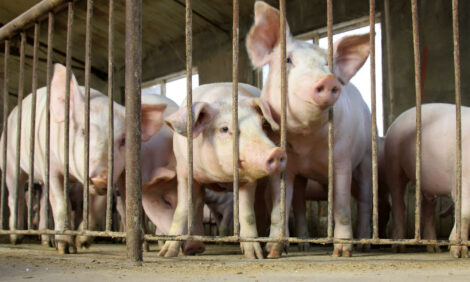



Impacts of Ethanol Policies on Livestock Industry
CANADA - A study from the George Morris Centre demonstrates that the growth of ethanol production in Canada has had negative economic consequences for the livestock industry.The Canadian Pork Council (CPC) partnered with the Canadian Cattlemen’s Association and the Canadian Meat Council to have this work done by the George Morris Center to provide the beef and pork industries with analytical information on the implications for the livestock sector of Canadian ethanol policies.
"This careful assessment of the evidence confirms for pork producers what we have felt all along − the rapid growth of ethanol production in recent years has affected the livestock industry by increasing grain prices," stated CPC Chair Jean-Guy Vincent. "We strongly urge governments – federal and provincial - to take the results of this study into account in considering any further stimulation of ethanol production in this country."
The hog industry in Canada has undergone a great deal of financial stress due to several factors, including Canadian dollar appreciation, the global economic slowdown, and foreign trade barriers. The George Morris Centre report, however, demonstrates that Canadian ethanol production and policies have contributed to increased feed grain prices in both eastern and western Canada, which has added to already existing pressures on livestock producers to remain in business.
"Grain is by far the largest cost component of raising pig," added Mr Vincent, "and marketplace realities are such that pork producers cannot simply pass along added costs to buyers. Margins become squeezed and producers need to either absorb heavy losses or get out of business."







